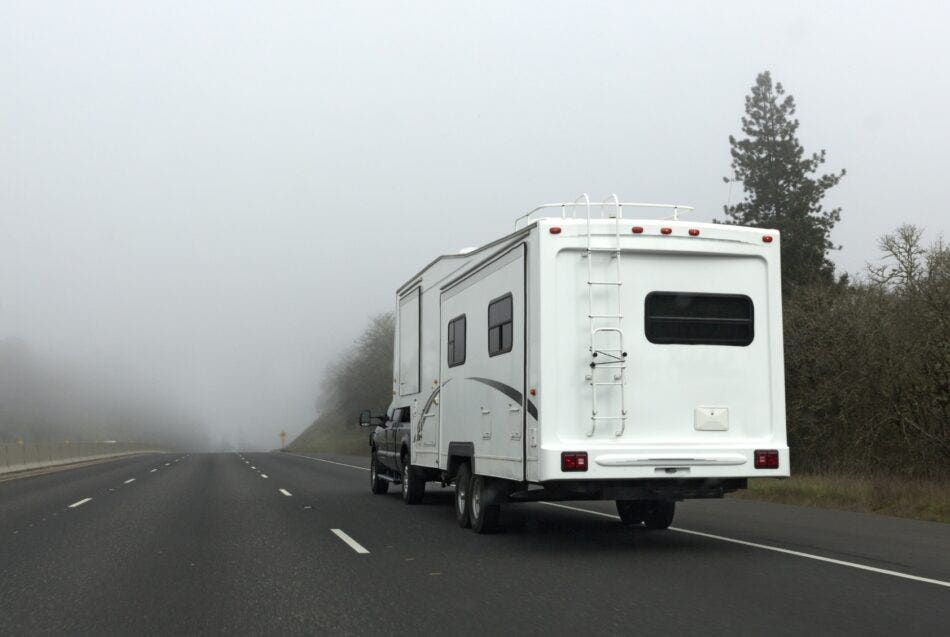Many people believe that once the insurance policy is purchased you’re covered no matter what. However your insurer will list certain actions in your policy documents that will void your coverage. You need to ensure that you are not participating in any activity that will disrupt your coverage and leave you with no protection in the event of a claim. Don’t worry though – activities that can void your RV policy are relatively easy to avoid once you know what they are.
1. Criminal Activity
Just as with your car insurance any criminal conviction on your part for a driving-related offence while using your RV can be grounds for voiding your policy and refusing any claims you make. These offences include:
- Failing to stop at the scene of an accident.
- Causing bodily harm through negligence while driving your RV.
- Causing bodily harm through being under the influence while driving your RV.
- Operating your RV while disqualified from driving.
- Refusing to give a breath sample.
In addition to driving offences convictions for any criminal activity that takes place in an RV can result in insurance companies voiding policies that cover the vehicle.
2. Commercial Use
Unless you have commercial vehicle insurance using your RV to provide any kind of commercial transport service will likely void your policy and see your claims denied. This includes renting out your RV! However some insurance providers are coming out with add-ons for personal policies that allow limited commercial activity mainly to satisfy the demand of RV owners who wish to rent their vehicles to others. Outdoorsy and Aviva have established a partnership that allows those insured with Aviva to add on coverage to rent with Outdoorsy without worry.
3. Misrepresentation
Always be honest with your insurance broker and insurance company to avoid your policy being voided and any claims being rejected. Make sure you give full details on the value of your RV how you use it and any damage. Besides fraud through misrepresentation causes rises in premiums for other insurance policy holders which doesn’t benefit anyone.
4. Failure to Notify
Whether you’re adding extra creature comforts or to boosting functionality major changes to your RV should be communicated with your broker and insurer. In particular modifications involving gas cookers chemical toilets and your RVs engine together with anything that adds significant weight to the vehicle can void your policy if the insurance company is not notified. These need to be reported to your insurer so that this can be factored into your policy and ensure you’re covered. It certainly won’t hurt to report smaller modifications as well. Remember that upgrades won’t necessarily mean your policy premiums will increase.
Other changes are important too – if someone is regularly driving your RV that is not listed as a named driver your claim could be denied. Make sure you let your broker know who will be driving your RV. As with modifications it is important that you call your broker before any new drivers get behind the wheel of your RV.
5. Non-Payment
Lastly and perhaps most obviously non-payment of premiums is guaranteed to lead to cancellation of your policy and rejection of any claims. Just like the other issues discussed above it is important to read your policy carefully and ask your insurance provider if you have any questions regarding payment of your premiums.

